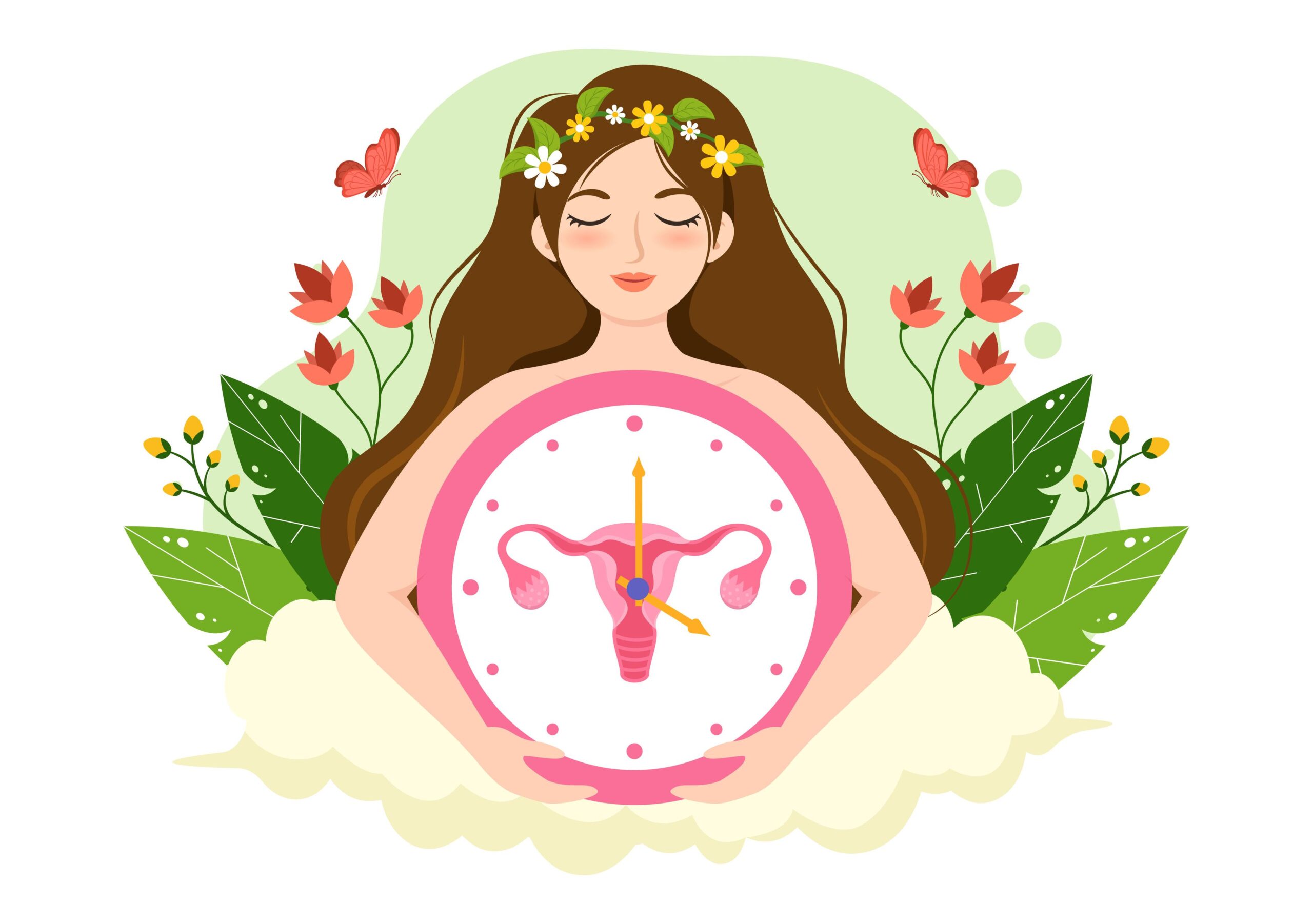It’s incredibly important that we understand the relationship between hormonal changes and ADHD symptoms. Research in this area is beginning to shed light on this topic, and we at Minnesota Neuropsychology are eager to follow along with the science. Found out more about our take on ADHD in girls and women here.
A recent study by Eng et al. at the University of Kentucky, Attention-deficit/hyperactivity disorder and the menstrual cycle: Theory and evidence, assesses how hormonal changes during the menstrual cycle can impact psychopathology, particularly in the context of ADHD symptoms.
The study documented many hormonal effects on ADHD throughout the menstrual cycle. Specifically, they found that in adult females ages 18-25, declines in estrogen during the menstrual cycle predicted a significant exacerbation of ADHD symptoms. On the flip side, during stages of the menstrual cycle when estrogen was high, they found improvements in executive functions compared to stages when estrogen was lower.
Additionally, this study found that adolescents may be more at risk for these effects than adults. Because adolescent brains are still in the process of developing the prefrontal cortex, teenagers have a harder time with emotion regulation to begin with. It’s also been found that the adolescent brain is more sensitive to hormonal changes. Moreover, the age of onset of the menstrual cycle has been declining in recent years, meaning adolescents who experience early puberty may experience the neurocognitive effects of hormone changes earlier than their peers.
To find out more about our ADHD evaluations, feel free to reach out to our intake team.


